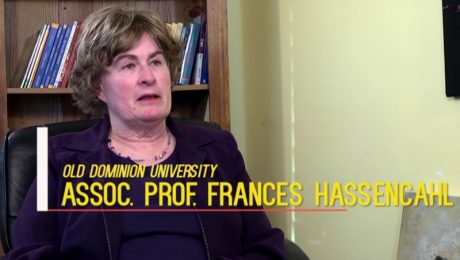Keyword: Defamation of Hizmet

Berlin mayor accuses Turkey of waging war on Gulen supporters in Germany
“I was approached and asked by a Turkish government official, whether we would be prepared to critically confront the Gulen movement in Berlin,” Michael Müller, mayor premier of the state of Berlin, told the German newspaper Bild. “I rejected the idea and made it very clear that Turkish conflicts could not be waged in our city,” he added.

Erdogan’s bid to close Gulen schools in Africa opposed
Several African states have rejected Turkey’s request to close schools run by the Hizmet movement. Turkish President Erdogan accused Fethullah Gulen, who owns Hizmet, of involvement in the failed July 15 coup. When Turkish President Erdogan visited Uganda and Kenya in May, he sought to stamp out the influence of the Islamic cleric Gulen. He accused the preacher of using his connections to try to overthrow him, allegations which Gulen denied.

Fethullah Gulen: I consider the coup attempt as a serious “terror coup”
The events of that night [the coup attempt] could be called as a serious terror coup. I categorically reject such accusations. The claim that I convinced the 8th biggest army in the world from 6000 miles away against its own government is an incredible slander. I would like those who are responsible for this coup attempt, regardless of their identities, to receive the punishment they deserve after a fair trial.

Parents: Pak-Turk institutions’ control should not be transferred
Pak-Turk International’s Parents and Teachers Association (PTA) on Tuesday stressed against transferring the institutions’ control to other organisations as it will affect the future of its 1500 teachers’ future along with 10,000 students enrolled in 28 schools, colleges. The spokesman urged that if the government found any one from these schools involved in illegal practices, it should take strict action against him.

Turkey coup attempt: Number of people detained passes 26,000 amid international concern over crackdown
Turkish authorities are arresting people for links to the Gulen movement, which denies involvement. The number of people detained by Turkish authorities following the failed coup to oust President Recep Tayyip Erdogan has passed 26,000.

Scholarly views in the aftermath of the coup attempt: A responsible government would rather support the Hizmet Movement
When the Hizmet Movement or Hocaefendi are mentioned specifically by governmentally influenced press in Turkey, it harms Turkey. Yes, it harms Hocaefendi, but not nearly as much as it harms Turkey. Turkey is hurting itself today when it limits political discussion, when it maligns its political adversaries, when it uses political tools and economic tools to harm social services and educational institutions in Turkey.

Questions on a Coup – Did Erdogan engineer it himself?
Now that Erdogan has cleared away all of his rivals from within, he has aggressively demanded that the U.S. extradite his only remaining serious rival – Fethullah Gulen. It would be unconscionable and immoral for the U.S. to comply with the wishes of a power hungry and merciless dictator. When the smoke has finally cleared we may discover that Erdogan himself has engineered the coup as an excuse for a final crackdown on the opposition and to solidify his autocratic rule.

Turkish Cultural Center in West Haven hit with graffiti in wake of unrest
Usually, if you hear about a particular ethnic group that’s a victim of graffiti, it’s from some other ethnic group or someone who doesn’t understand their culture. But a building facing the Turkish Cultural Center Connecticut recently was tagged — for the second time in three years — with graffiti that appears to be an extension of a political battle raging within Turkey itself.

Turkey’s Erdogan takes cue from Hitler, Stalin and Khomeini
There is something deeply disturbing about the direction in which Recep Tayyip Erdogan and his Justice and Development Party are taking Turkey. Writing in this newspaper last week, John Lyons compared the sweeping purges to McCarthyism in the US in the 1950s. That was altogether the wrong analogy.

Don’t Make A Mystic into a Martyr: Fethullah Gülen as Peacebuilder
My conclusion? He’s a mystic in the Sufi tradition of Islam. And like other famous mystics in history—notably Gandhi, or Rumi—from whom Gülen draws deeply, Fethullah Gülen is a peacebuilder. And history teaches us that peacebuilders are likely to be misunderstood, vilified, and targeted. It would be tragic if once again historical forces conspire to turn a mystic into a martyr.






















